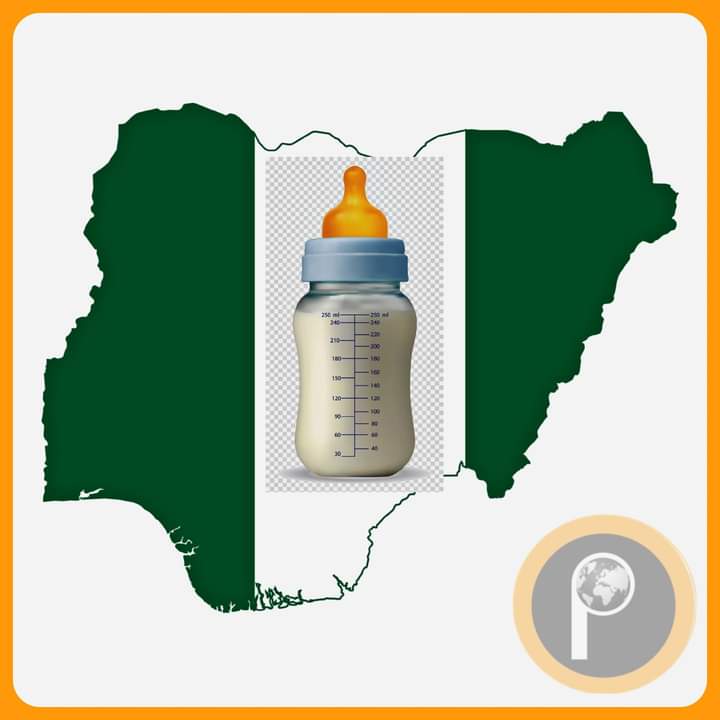RESTRUCTURING: Join The Debate For Or Against The Nigerian Feeding Bottle System By Abai Francis

A man who owns a big farm has 36 children whom he had nourished from infancy until they became adults. But rather than encourage them to begin to fend for themselves as adults by working the farm, he continued to cater for their welfare as majority of them became indolent. And as the days went by, this man was also losing strength as he ages and struggles to cater for his adult children.
Now, as a responsible person, will you say that the man (their father) wishes his children well by embracing such act? Even though he loved his children and cared for them, is his embracing the act of feeding them in adulthood (when they should have become self-dependent on their own) the best way to show his love to them?
The above description on the opening paragraph aptly fits the current system being practiced by the Nigerian state whereby its 36 states governors receive monthly allocations from the central (federal) government, year in year out.
Just recently, it was reported in one of the dailies (Daily Trust online newspaper) that “Eight states in Nigeria may not survive without funding from the Federal Allocation Account (FAA) due to their poor Internally Generated Revenue (IGR), said a report by the Economic Confidential.”
In other words, what the report was saying was that some states in the country cannot fend for themselves as adults. And this I believe is largely as a result of their total reliance on the federal allocation being received on a monthly basis. This federal allocation, which I call ‘free money’ coming in every month, has made most states to relax on their revenue drive to generate funds internally. And so, they would want to remain dependent even in their old age for their father (the Nigerian state) to continue to handout to them ‘free money’.
And this calls for not only the change of such practice but also in who is elected to lead the people in governance. It is very obvious today that the number one reason majority of politicians jostle to become a governor or hold elected public office in their state is largely fuelled by the desire to get rich quick and live extravagant lives. This is because by the public positions they occupy, the resources of the state (pool of funds) are ever at their disposal to dip into. Moreover, this has led to the high cost of governance, as everyone in public office is eager to have their share of the pie, and so they feel less concerned with the reality that they need to not only cut their cloth according to their sizes but to also buy the required lengths that matches their sizes.
Those elected as governors and into other sensitive public positions ought to be people who are enlightened, intelligent and business-wise. Their states or constituencies become a company which they are elected to preside over. And in order not to make losses they need to be strategic in their thinking and to take action towards such line of thoughts. In other words, governance is not only focusing on the perks that comes with public office but requires more of creative thinking on ways to develop and grow their constituencies for the benefit of the citizenry.
The inability to generate revenues internally is not limited to only those eight states mentioned in the report. Even states that are endowed with natural resources need to look beyond such available resources and open up new avenues for revenue growth. This is because relying on only one or a few major sources of revenue is dangerous. Moreover, over the years, allocations from the federal government ought to have been used to set up economic infrastructures that will attract both local and foreign investors to boost the productivities of states. But as usual, poor governance made nonsense of such pool of funds.
It is high time Nigeria faces the reality and drop practices that are hindering its development and growth. The oil and gas sector is gradually fading away with alternative sources of energy being pursued to curb environmental pollution. Waiting for free money is no longer a beneficial business and it has never been.
If Nigeria is serious about changing its current trend of being the poverty capital in the world and in ending unemployment, it needs to start now by jettisoning poor economic policies and embracing strategic ones. And one of such bad policies to begin with is to do away with this current feeding bottle system of allocations and instead embrace the practice of true fiscal federalism. Doing otherwise will only be postponing and not ending the evil days. So, what do you think?
#penglobalreport #socialdiscourse



